The Rings of Power‘s season one finale revealed Charlie Vickers’ Halbrand is no man of the Southlands. He’s not even a man. He’s the infamous Maia Dark Lord himself, Sauron. What’s it like to play such a legendary character? How did the works of J.R.R. Tolkien impact his performance? And how does it feel learning people find your evil character so alluring? We asked Vickers about all of that and more when we got to talk to him about playing The Lord of the Ring’s “Hot Sauron.”

Nerdist: It’s only been a few days since everyone learned you’re playing one of the most iconic villains of all time. So I have to ask, without being humble, what’s more exciting for you on a personal level: getting to play the infamous Dark Lord, or everyone referring to you as Hot Sauron?
Charlie Vickers: [Laughs] For me, getting to play the Dark Lord. The Hot Sauron thing is funny because it’s all… I can only attribute it to the amazing work of the makeup and costume department. They do a lot. They spend a lot of time in the morning turning me from just a regular dude into this figure who is Halbrand and now Sauron. But yeah, just playing the character is the most exciting thing.
But it’s not bad being known as Hot Sauron, right? It’s not the worst thing in the world?
Vickers: It’s cool. It’s cool. Although, it’s only when I’m in the costume and makeup that people call me Hot Sauron. Definitely not while walking down the street here in London.

You said when you found out who you were playing, you went back and reread a lot of Tolkien’s writings about Sauron. When you did that, what stood out to you about the character that maybe you hadn’t noticed before?
Vickers: I mean, a lot. To be honest, I was only a casual Lord of the Rings fan before I was cast in this show. So I didn’t know much about the world beyond the films. I knew Sauron as the giant eye from the Peter Jackson films. And it wasn’t until I was cast, and I realized I might be playing this character before it was officially confirmed, that I started to read The Silmarillion and learn about [Sauron’s] history. And his history, the way he’s described physically, I didn’t realize he was walking around in a fair form for such a long time. Or his influence and manipulation of people.
But the thing that I’ve gleaned from my deep research is the contradictions and intricacies in Tolkien’s description of him. Also things in [Tolkien’s] letters and in Morgoth’s Ring about him really desiring perfection and order and rehabilitation. As well as this idea of his repentance, which Tolkien never really specifies. That’s great, that he leaves it ambiguous about whether he’s genuinely repentant or not. These are all interesting things I learned over the couple of years we’ve been doing this.

I tracked all of the clues that you were secretly Sauron from your first appearance. But I was absolutely convinced of your identity after your scene in jail with Pharazôn. What was your motivation and endgame in advising him to let Galadriel go speak to the king?
Vickers: That’s a great question. I think in letting her go speak to the king it’s his way out of that predicament. That’s an interesting thing about Sauron’s journey in season one, if he is scheming and manipulating his way through Númenor.
And things don’t go to plan. You see moments like when he gets into that fight because he’s pushed too far. You see an element of him where he’s been brought low, and he’s rebuilding his power, but he still loses control. He’s been associated with Morgoth, who is the king of losing control and destroying shit. Some of that must have rubbed off on Sauron.
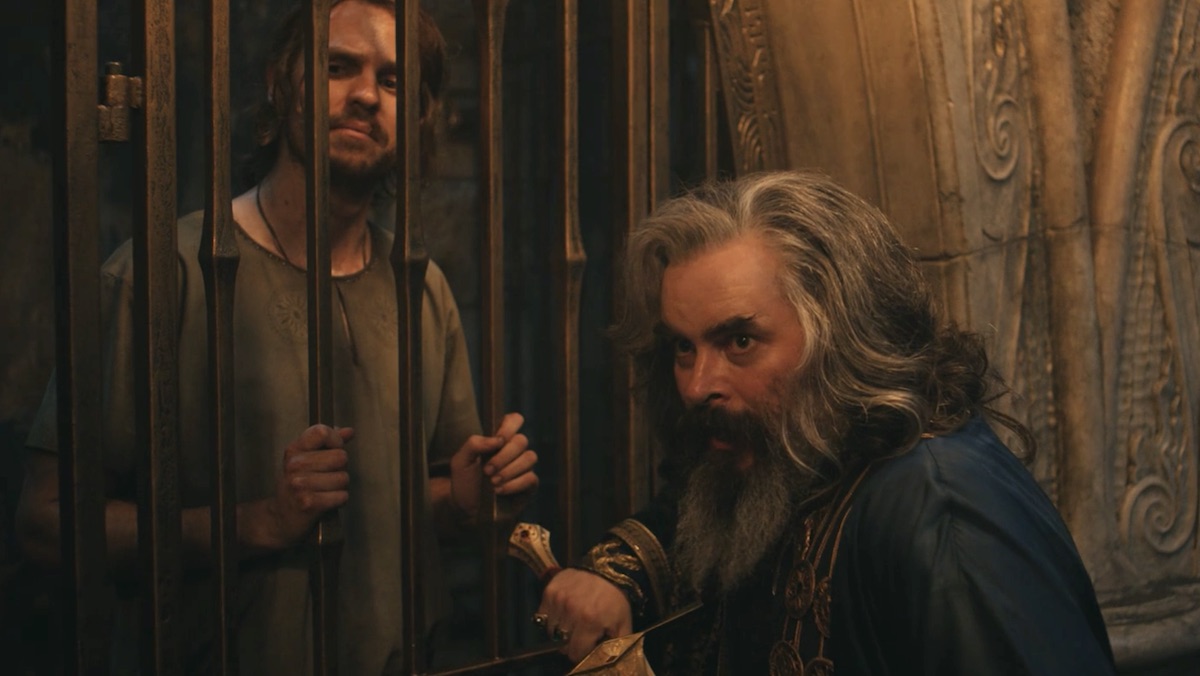
So in getting out of prison, he basically says to Pharazôn, “I can see where she’s going if you let me out and give me a guild badge so I can take up my work as a smith.” Whether that’s all part of a greater scheme to really convince Galadriel he wants to stay in Numenor and have a cover for him to come to Middle-earth, further convincing this elaborate creation that is Halbrand, then I like to leave that ambiguous.
Considering what we know about Sauron’s future in Númenor—and I realize the show might change it, but there’s history there—did that impact how you played that scene at all? Or did you just come to it from its own place?
Vickers: I think a bit of both. I came to it from its own place there. But in any interaction with Pharazôn there was certainly a feeling between Trystan [Gravelle] and I that—I don’t know from what point Trystan knew [about Halbrand’s real identity]—we both were doing it with huge anticipation of what is to come between of our characters. Hopefully to come.
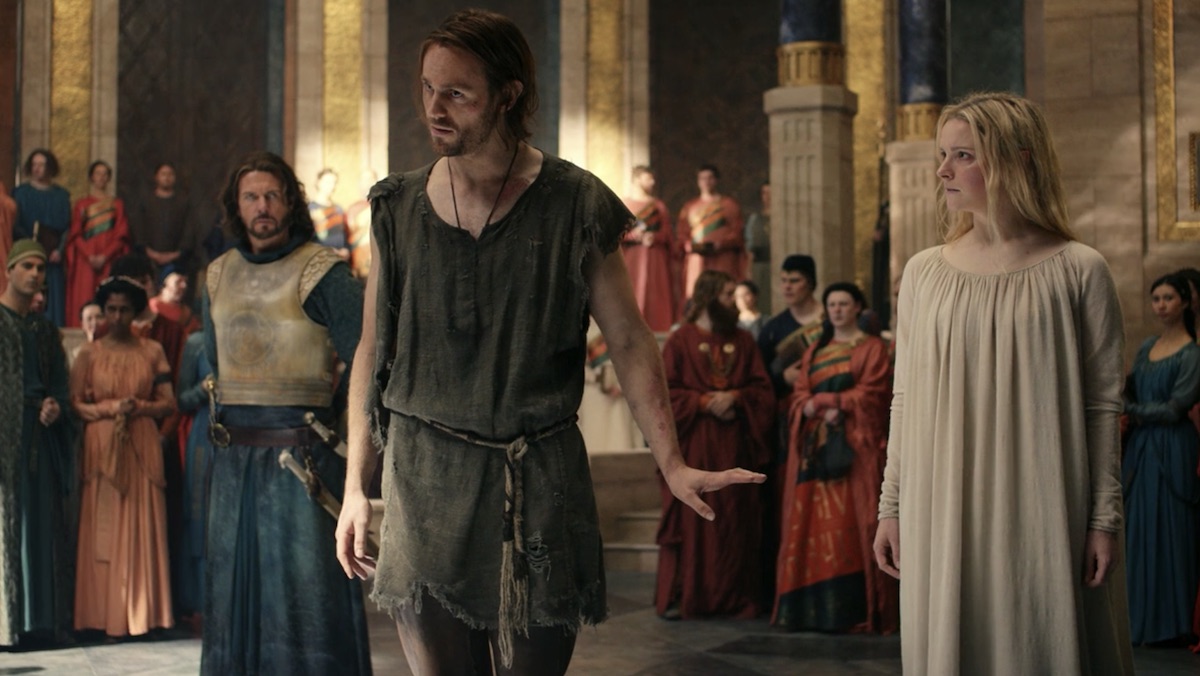
Again, I don’t know where the story is going. But I think it’s very likely that that part of that story will be in our show. There is certainly… it’s interesting you’ve pinpointed that because it’s the first seeds of what will end up being a really strong relationship at some point. It’s the first little taster the show runners and writers have put in there. Which is really smart, to just plant this notion that there is going to be some manipulation from Sauron to Pharazôn. It’s a nice little building block.
Was that you in the armor when we saw Sauron in a flashback during the First Age?
Vickers: It wasn’t me. I didn’t even know that was going to be in the show. So I was excited. I was pumped when I saw that. But no, it wasn’t me. I don’t know if they had someone in it or if it’s a CGI composition.
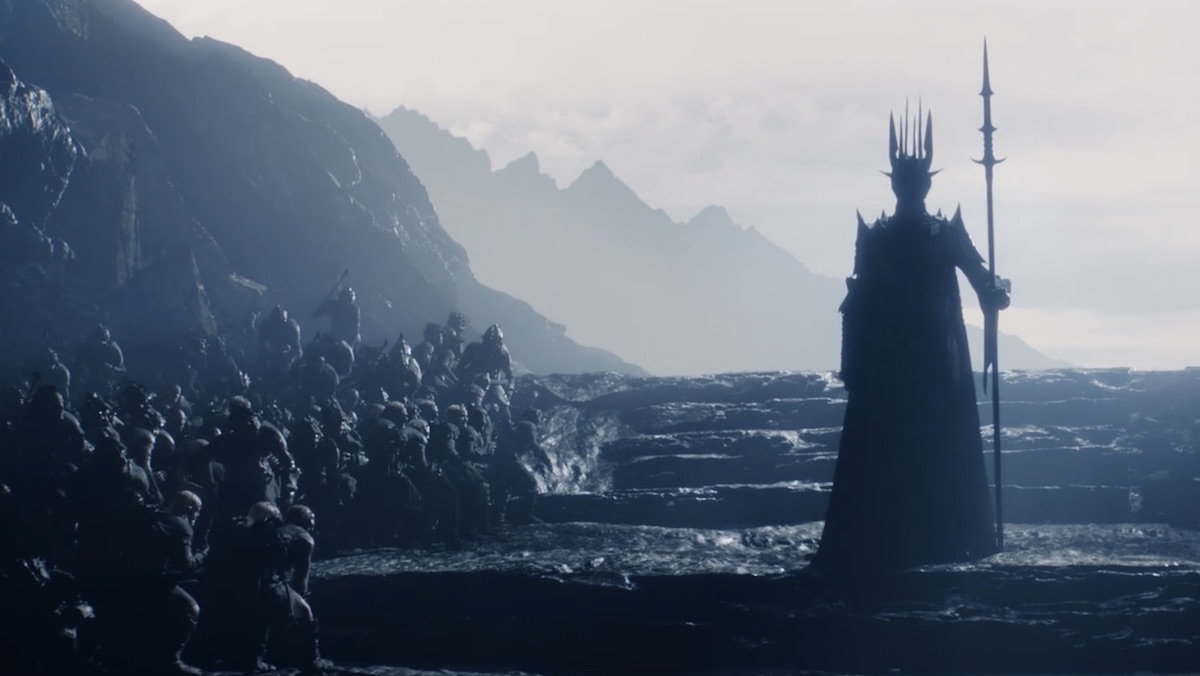
I take it you are looking forward to wearing the armor.
Vickers: I mean, if it gets to that, yeah, it’d be awesome. It doesn’t look very comfortable, though. But it’d be very cool to suit up in that.
I can’t even begin to imagine what it’s like to get a role like this. But is there a part of you that thinks, “I’m playing one of the most legendary villains of all time in a beloved franchise. What the hell did I get myself into?”
Vickers: [Laughs] Yeah, those thoughts come to me occasionally. But they’re outweighed by the honor and responsibility of doing this. I know how many people care so much about the show, and we’ve never seen Sauron in this form before. We’ve never seen him really portrayed in this way. So I feel that weight of responsibility and expectation.
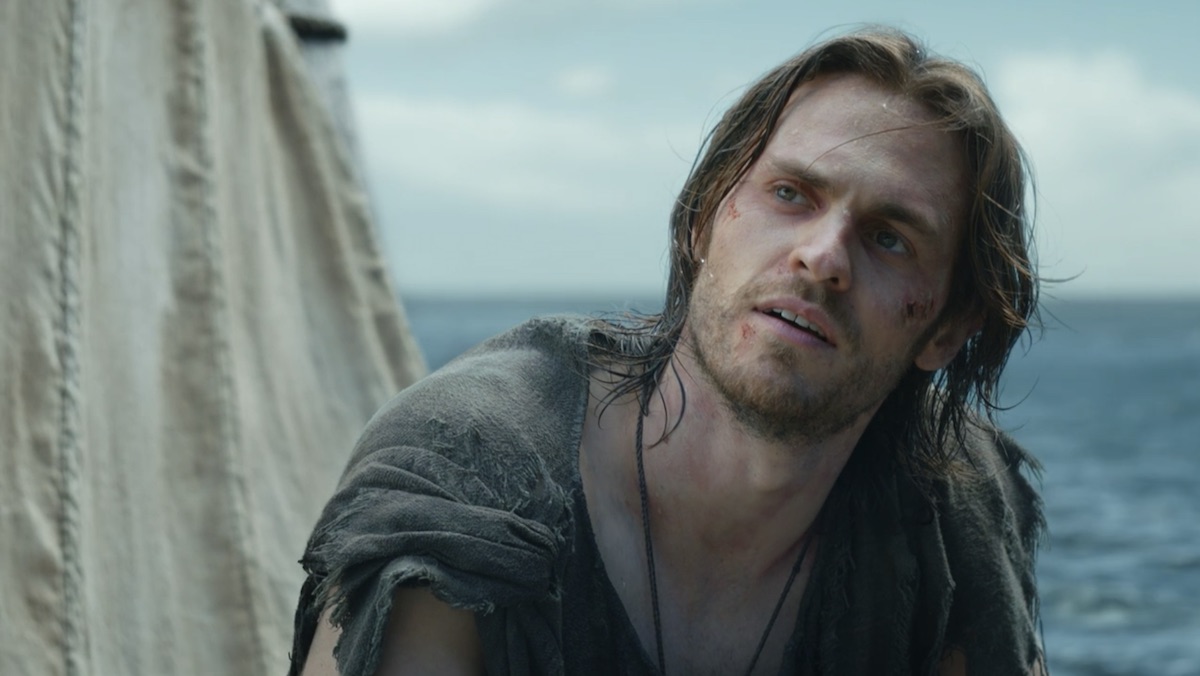
I can’t control anyone’s expectations, so I try to just not worry about them. But having said that, I mean, I’m just trying to bring my own take on the character from all the work that I’ve done. And I’m trying to take as much care as I possibly can in creating it, in the first season and as we move into this next stage of Sauron in the Second Age. It’s definitely a lot more exciting than daunting for me.
You’ve talked about how much you like the ambiguity of Sauron’s sincerity. But we did see the full range of the character in season one. We saw him being manipulative, charming, powerful, and evil. What aspect of Sauron is the most fun for you to play?
Vickers: Of all those things it’s the manipulation and the deception. What’s so unique and amazing about him as a villain is that he has to gain trust and he has to manipulate his way through. It’s different to other villains that have this slightly unhinged quality, whereas maybe there’s elements of that in Sauron, occasionally. But for all we know, in his interactions with people and in gaining their trust, he’s a really nice, sweet, kind guy. And that’s terrifying if you have that and you have him being genuinely open and nice and caring.
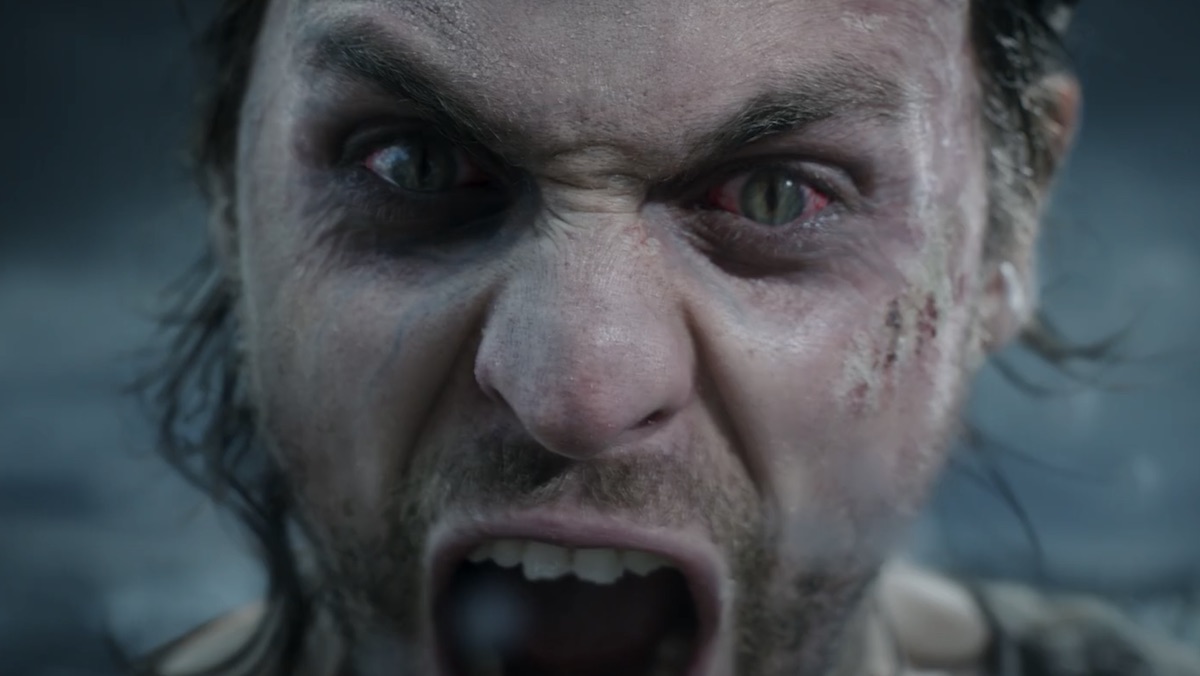
You see this in his relationship with Celebrimbor in the Second Age. He gains his trust so wholeheartedly and they have such a close, intimate relationship. And then it all just comes crumbling down when [Sauron’s] true intentions come out. When you’re watching as an audience member and we’re seeing him being kind and nice, if you know his true intentions, it makes it really scary underneath. I think the key to that is not playing the overt evilness at this stage.
And of course Tolkien talks about how we should always think that Sauron is very terrible. And he is. But there comes a time for the outward expression of that.

There are a lot of viewers who wanted Galadriel to accept Sauron’s offer, despite what he did in the past and what they know he’ll do in the future. Has that reaction surprised you, considering who you’re playing?
Vickers: I have been surprised by that. A few people have said that to me. But I think it’s great. Whatever our intentions were as performers, in creating this relationship, we don’t have ownership of how people interpret it. So it’s awesome for people to interpret it as a romantic thing, or however it might be interpreted.
It was slightly surprising to me, as it seems to go against what my thoughts were when we were doing it, but I think it’s cool. I think it’s really cool.
Mikey Walsh is a staff writer at Nerdist. You can follow him on Twitter at @burgermike. And also anywhere someone is ranking the Targaryen kings.